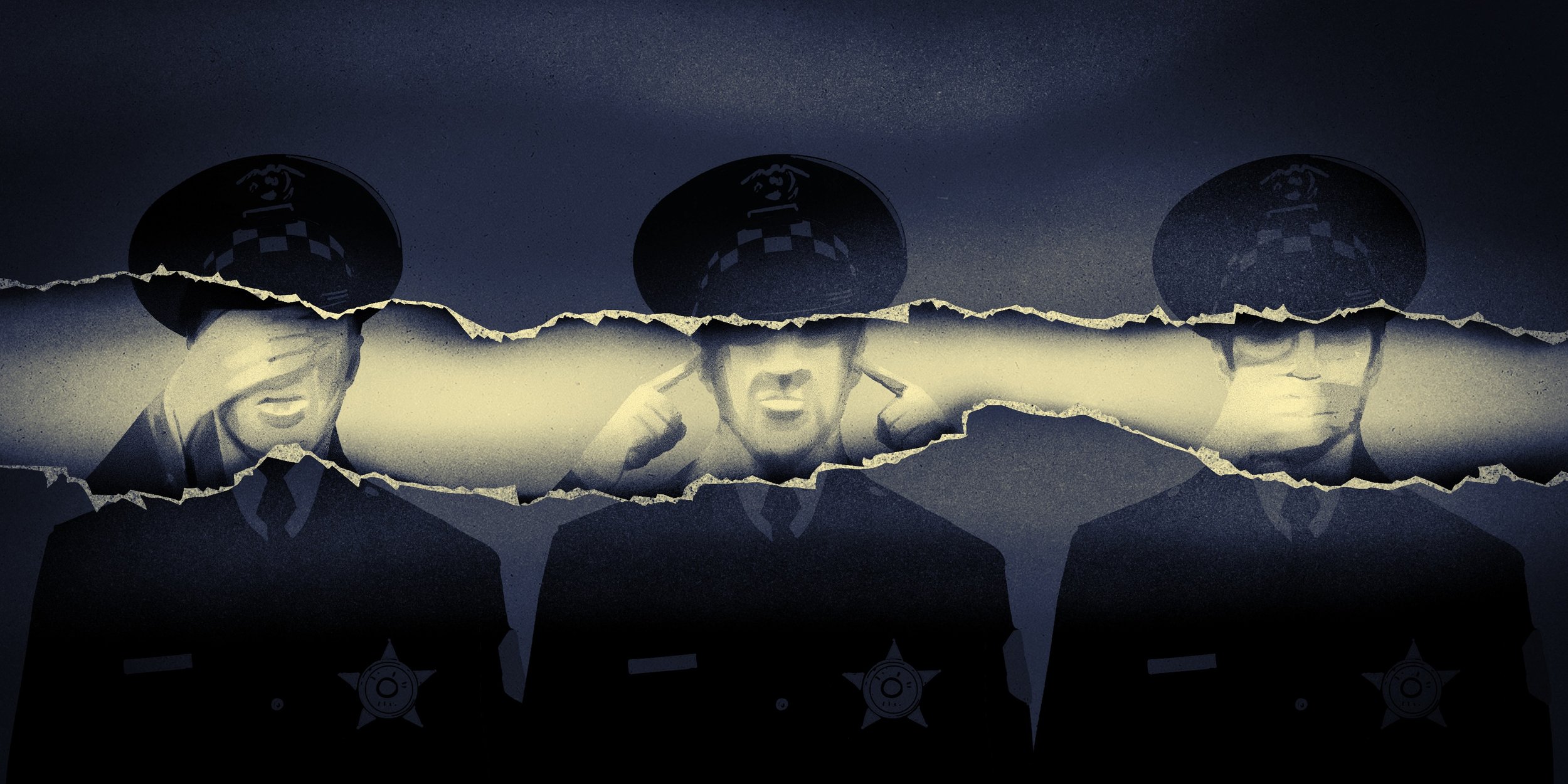Metro Times and a nonprofit news organization teamed up to file a lawsuit Monday against the Michigan State Police for refusing to disclose public records about the identities of current and former police officers.
The lawsuit, filed in the Michigan Court of Claims by the University of Michigan’s Civil Rights Litigation Initiative, alleges MSP violated the Michigan Freedom of Information Act by refusing to divulge the data.
Among other things, Metro Times and the Invisible Institute requested the names of all certified and uncertified officers in Michigan, along with information about their employment history. The information is held by the Michigan Commission on Law Enforcement Standards (MCOLES), which is housed within the MSP.
INVESTIGATIONS
MEDIA
NEWS
POLITICS & GOVERNMENT
Metro Times, Invisible Institute file lawsuit against Michigan State Police for access to records
The request is part of a project to create a national database tracking “wandering cops” who engage in misconduct
By Steve Neavling on Tue, Nov 28, 2023 at 6:00 am
SEND A NEWS TIP
Share on Reddit
Share on Facebook
Share via email
Adjust text size
TT News Agency / Alamy Stock Photo
Michigan State Police on patrol in Lansing in 2021.
Metro Times and a nonprofit news organization teamed up to file a lawsuit Monday against the Michigan State Police for refusing to disclose public records about the identities of current and former police officers.
The lawsuit, filed in the Michigan Court of Claims by the University of Michigan’s Civil Rights Litigation Initiative, alleges MSP violated the Michigan Freedom of Information Act by refusing to divulge the data.
Among other things, Metro Times and the Invisible Institute requested the names of all certified and uncertified officers in Michigan, along with information about their employment history. The information is held by the Michigan Commission on Law Enforcement Standards (MCOLES), which is housed within the MSP.
The request for the data was part of a project to create a national database to identify, track, and report on “wandering officers” who move from department to department after engaging in misconduct.
So far, 34 states have disclosed at least the names of certified officers, in response to requests made by a national coalition of news organizations.
Metro Times and the Invisible Institute, a nonprofit based in Chicago, requested the data on Jan. 3. On March 8, MSP declined to provide the identities of certified and uncertified officers, along with other information, arguing “the public disclosure of the information would constitute a clearly unwarranted invasion of an individual’s privacy.”
Read the full article here
Learn more about this national data project


















